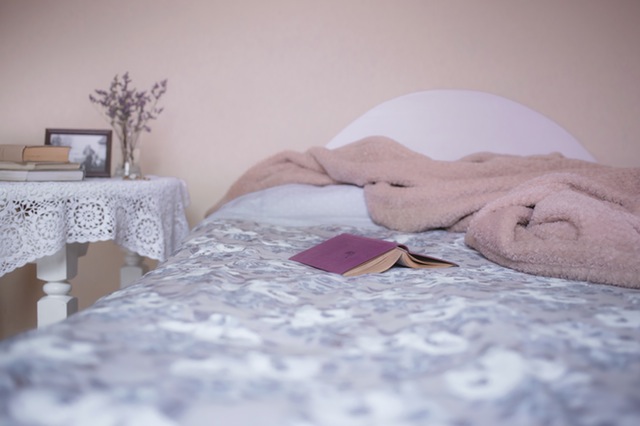In France, recent terrorist attacks seem to have accelerated the popularity of the accommodation sharing business model.
A report has highlighted a significant growth of Airbnb stays in France for summer 2016. Airbnb stays between June and August rose 86% compared to the previous year while the year-on-year hotel occupancy rate for August dropped from 90% to 64%.
Why do sharing economy accommodation operators hold such appeal in a climate of fear over terrorism?
We caught up with Professor Lynch and asked him why 3.6million travelers, in the context of recent terrorist attacks, opted to use online marketplaces.
Paul’s research suggests that these platforms deliver a deeper sense of belonging, creating what he calls ‘commercial homes’ or ‘commercial home enterprises’.
Why do you think online accommodation marketplaces are becoming so popular?
 "Let’s put the market into context.
"Let’s put the market into context.
Although attention has traditionally been paid to people staying in more commercial forms of accommodation such as guesthouses or B&Bs, the majority of travel stays have always been with friends and family.
It’s an under researched area.
So what Airbnb and others do is perhaps a little bit more like a paid friends and family arrangement. They have commercialised a process that has been occurring naturally for a long time.
People love the intrinsic idea of the product. It’s perceived to be unique, high quality and full of intangible value.
This sharing economy model offers travellers the familiarity of a home and feeds into the idea of being a local with insider knowledge of a destination.
It offers the chance to get ‘off the beaten path’, to connect with the community and culture in a more meaningful way. It also has ethical value, ensuring money stays more locally.
We can see it as a counter point to a traditional hotel experience."
How will accommodation marketplaces change the hotel industry?

"Moving forward I think that operators such as Airbnb face a significant problem.
There has been increased penetration by commercial hospitality operators - not just the single householder, but also those running three or four properties operating a commercial business model.
This moves away from the original ethos of private homes making use of underutilised space.
What we get is a stronger commercial penetration in some cases – as it varies from destination to destination - being encouraged and facilitated.
For travellers this cascades into a different kind of experience, one that complicates the product a lot more. This creates a higher risk element for travellers because their expectations may not align with their experience.
I think it’s a significant threat.
There is a danger that Airbnb will become part of the system that they have traditionally been reacting against.
The relationship between Airbnb and the tourism destination could become too commercialised.
Having said that, there’s a significant opportunity for tourism destinations to promote the upsides of hosting travellers as a means to widen community participation in tourism.
Community engagement and participation is widely considered to be one of the holy grails of tourism."
Can the traditional hotel industry compete with sharing economy accommodation operators?
"One could argue that they’re two distinctive products.
By keeping with their original ethos sharing economy accommodation operators are more distinct from the hotel market and provide that contrast.
I think hotels continue to look towards trying to provide a more homelike and personal experience. They are drawing more heavily upon the design and ambience of a private home.
By and large, I see them as continuing to be very distinctive in their own right, rather than a direct competitor or threat."